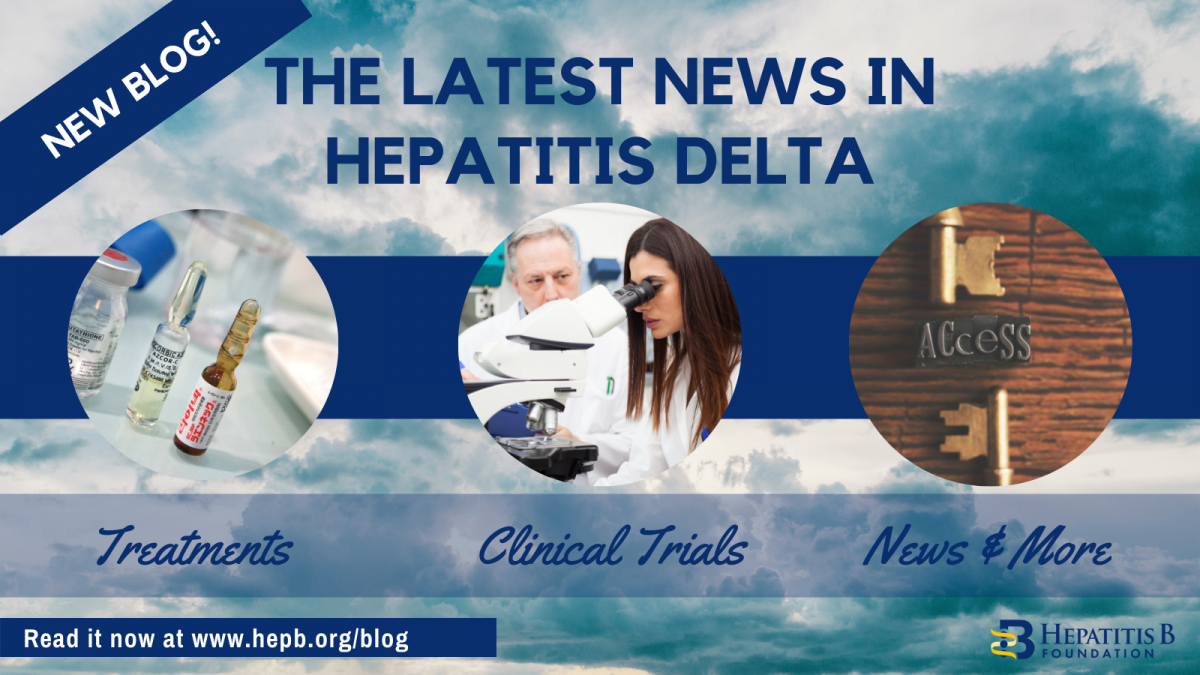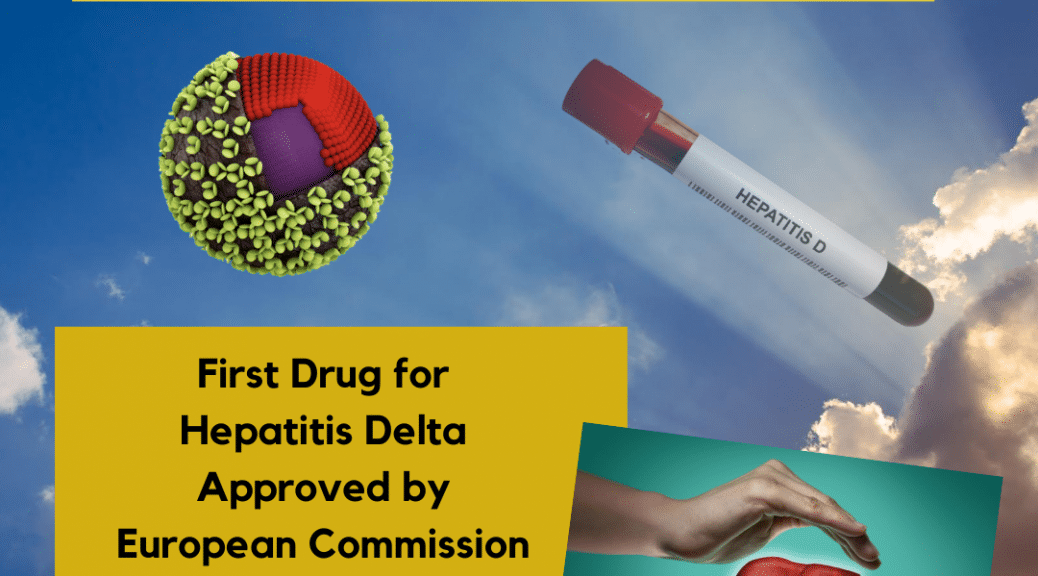
April 21st and 22nd, 2022 marked the occurrence of a roundtable meeting solely focused on hepatitis delta virus (HDV), which was jointly hosted by the American Liver Foundation and the Hepatitis B Foundation. This was one in a series of events taking place this year to raise the profile of hepatitis delta, a serious coinfection of hepatitis B virus (HBV) that is estimated to affect between 5 and 10% of people who are living with HBV. HDV is more severe than HBV alone, with a 70% chance of developing into cirrhosis or liver cancer if unmanaged, compared to an approximately 25% chance for those living with HBV alone. With approval of the first official treatment for hepatitis delta in Europe in July of 2020, expected approval in the United States later in 2022, and other treatments moving through the clinical trial pipeline, more is happening in the world of hepatitis delta than ever before. Despite the promising treatment landscape, the virus still remains significantly under-diagnosed (making estimation of true prevalence difficult), largely due to lack of awareness, low prioritization compared to other health conditions, and limited advocacy, and big questions persist about treatment equity, including access to knowledgeable providers, clinical trials, and available medications. The purpose of this roundtable was to begin a conversation among a diverse group of stakeholders about some of these issues, to bring attention to HDV and its potential consequences, to identify unmet needs in this area, and to prepare calls to action and next steps to address these needs.
Participants at the roundtable included individuals living with hepatitis delta, caregivers, healthcare providers, public health professionals, and representatives from community-based organizations. The conversation was very generative and really underscored some of the key issues that exist around hepatitis delta, including gaps in awareness and knowledge among medical and high-risk communities and limited access to and availability of HDV screening and care. These factors lead to under-diagnosis and under-surveillance, making the production of accurate data difficult, which in turn complicates advocacy efforts, since compelling data is often a key ingredient for policy change that might make screening, treatment, and linkage to care more available and accessible.
The ultimate planned outcome of this virtual event will be production of a white paper that will highlight key takeaways from the discussion, clearly outline unmet needs and priority issues for people living with HDV, and detail calls to action for stakeholders at every level to meet these needs and overcome some of the significant barriers and challenges that persist in diagnosing, managing, and treating HDV.
Another goal of the meeting was to begin to develop resources that can better support and engage the larger community around HDV awareness and advocacy – a first step toward this goal will be creation and dissemination of a visually appealing infographic, which will provide at-a-glance information about HDV and its estimated prevalence, transmission, prevention, testing, and treatment.
The white paper and infographic are expected to be complete by early summer 2022. The organizers of this roundtable meeting are hopeful that its outcomes will bring hepatitis delta virus more into focus for various stakeholder communities and generate more engagement and energy around this dangerous virus that has long been neglected and is not receiving the attention it deserves.



 What is Hepatitis Delta
What is Hepatitis Delta







